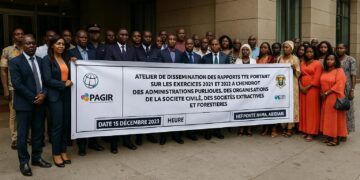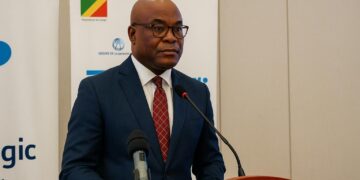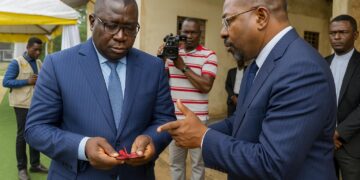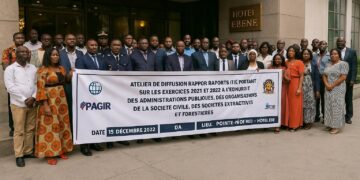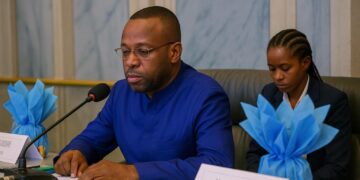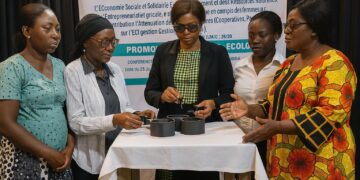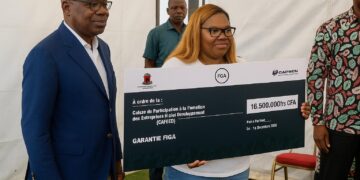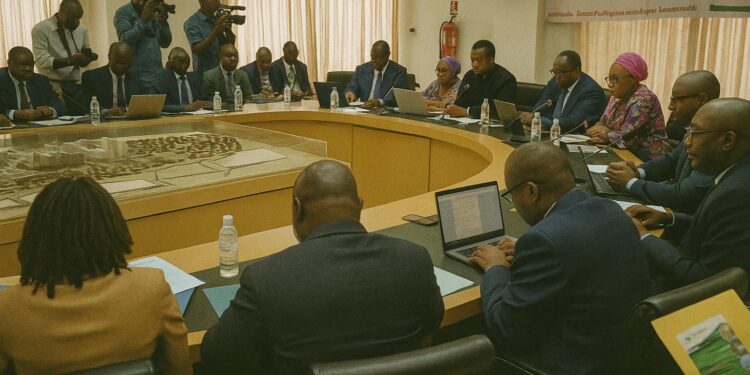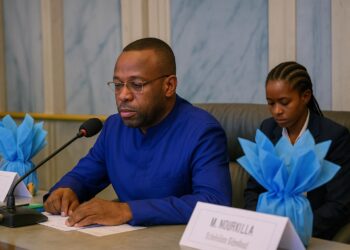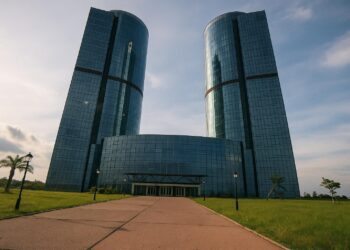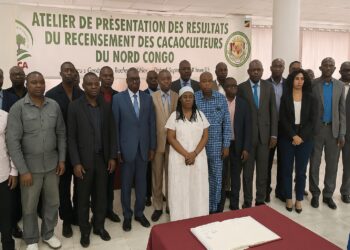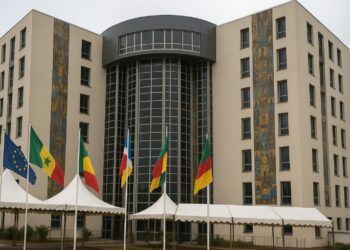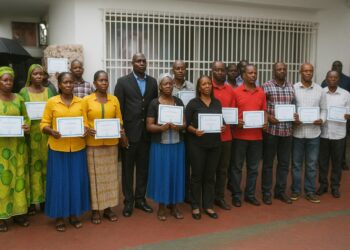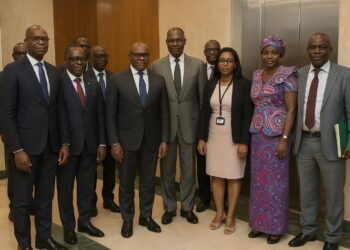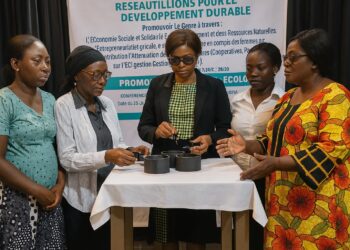A Strategic Conversation in the Heart of the Gulf of Guinea
Inside the polished conference rooms of Brazzaville’s ministry district, an eclectic constellation of academics, senior civil servants, oil executives and civil-society leaders spent two intense July days probing a question that touches every budget line in the Republic of Congo: what happens after petroleum revenue peaks. The gathering, formally styled as the National Stakeholders’ Roundtable on the Post-Oil Economy, unfolded under the aegis of the project “Preparing the Post-Petroleum Congo” and benefited from technical input by the Energy Transition Fund. Rockefeller Philanthropy Advisors provided financial backing, underscoring the growing interest of global impact investors in Central Africa’s climate narrative. By the closing session, moderators had distilled dozens of interventions into a communiqué that places governance reform at the centre of any credible diversification strategy.
Balancing Hydrocarbon Realities with Low-Carbon Ambitions
No participant ignored the elephant in the room: hydrocarbons still account for roughly ninety percent of Congolese export earnings, and exploratory dialogues with TotalEnergies over new deep-water blocks could further lift production capacity. Authorities have consistently argued that exploiting untapped reserves remains legitimate for a developing economy seeking fiscal space for social programmes. Yet, as coordinator Christian Mounzéo reminded delegates, “each oil price counter-shock leaves our macroeconomic foundations coughing” — a reminder that volatility can erode hard-won development gains. The intellectual challenge therefore lies in orchestrating a gradual decoupling that safeguards budget stability while accelerating renewable adoption.
Governance as the Linchpin of a Just Transition
Across panel discussions, governance surfaced as both opportunity and Achilles’ heel. Contributors from the Ministry of Hydrocarbons highlighted strides in contract transparency through the Extractive Industries Transparency Initiative, while civil-society representatives called for streamlined permitting regimes that reward investors in solar, biomass and mini-hydro ventures. Marien-Ngouabi University scholar Jean Chrios Moukala framed the debate succinctly: transitioning is not merely a technological swap but a shift from a rentier template to a productive one. Delegates converged on proposals to strengthen parliamentary oversight of energy revenues, clarify land-use rights for community-based renewable projects, and integrate climate risk metrics into the forthcoming National Development Plan. Such measures, they argued, will help cement domestic and foreign confidence in Congo’s policy continuity.
Financing the Post-Oil Trajectory
If governance provides the scaffolding, capital will furnish the bricks. Congo’s fiscal authorities signalled willingness to deploy part of future oil windfalls into a sovereign transition fund, echoing models tested in Kazakhstan and Oman. Representatives of regional banks explored green-bond issuance denominated in Central African CFA francs, while development-finance institutions evoked concessional windows linked to the Just Energy Transition Partnership platform. Analysts from the African Development Bank pointed to hydroelectric corridors on the Kouilou River and vast solar irradiation across the Plateau des Cataractes as bankable assets once feasibility studies reach maturity. Ensuring that domestic small and medium enterprises capture value-chain opportunities, particularly in panel manufacture, biofuel processing and logistics, remained a recurrent theme.
Regional Implications and Diplomatic Stakes
Brazzaville’s calculus extends beyond national borders. As the fourth-largest oil producer in the Gulf of Guinea, Congo’s policy mix reverberates through the Central African Economic and Monetary Community. Neighbouring Gabon and Equatorial Guinea have embarked on analogous diversification bids, raising prospects for pooled infrastructure and harmonised carbon-credit frameworks. European Union envoys at the roundtable discreetly welcomed such convergence, noting that a credible sub-regional emissions registry could unlock access to the bloc’s forthcoming Carbon Border Adjustment Mechanism facilitations. Meanwhile, the People’s Republic of China, already financing a special economic zone in Pointe-Noire, signalled interest in photovoltaic assembly lines that would serve domestic and export markets. For diplomats, the message was clear: the contours of Congo’s energy transition will shape investment arbitration, shipping routes and even maritime security cooperation across the Gulf.
Navigating the Roadmap Ahead
By the final gavel, delegates endorsed a preliminary roadmap that sequences legislative, fiscal and technical milestones over the next five years. It tasks a multi-stakeholder steering committee with refining indicators, from the percentage of renewables in the national mix to the number of agro-processing start-ups incubated in special economic zones. Crucially, the document seeks to align with government ambitions already articulated in President Denis Sassou Nguesso’s development agenda, thereby avoiding policy fragmentation. Observers from multilateral agencies praised the pragmatic tone, noting that a just transition need not antagonise conventional petroleum still pivotal to public-finance health. The true test will be sustained follow-through: as oil receipts fluctuate and climate negotiations evolve, the Republic of Congo’s capacity to anchor its strategy in transparent governance may well become its most valuable natural resource.





